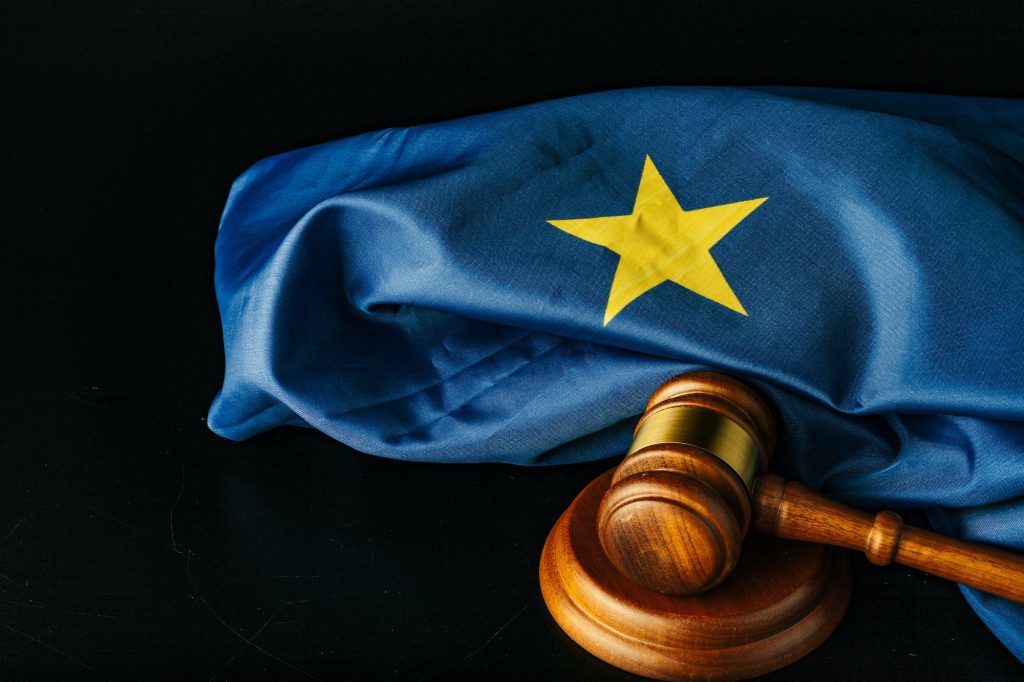
































The Court of Justice of the European Union (CJEU) initiated a case against Hadopi, the French copyright body, following a complaint from digital rights advocacy group La Quadrature du Net.
La Quadrature du Net argues that the French legislation allows large-scale databases of personal data for copyright protection, which violates the European Union's (EU) General Data Protection Regulation (GDPR) and ePrivacy Directive. The outcome of this case could have wide-ranging implications for surveillance laws in the EU.
Hadopi, formerly France's national anti-piracy regulator, merged with the media regulator, Superior Audiovisual Council (CSA), in 2022 to form Arcom, the Regulatory Authority for Audiovisual and Digital Communication. The case is being heard by the CJEU, and the first session took place on 16 May. A verdict is expected to be reached by the end of 2023.
EU case law since the CJEU's 2014 ruling in the Digital Rights Ireland case has prohibited general surveillance of the population. However, in 2020, the Court clarified that national authorities could retain such data on a large scale for a limited period in exceptional cases of serious crimes. The definition of "serious crime" is determined by member states based on their national legal frameworks. La Quadrature du Net hopes that the CJEU will uphold existing case law and establish a common standard of interpretation for defining serious crimes.
 Etiquetas calientes:
Gobernanza de los datos
Derechos humanos
Etiquetas calientes:
Gobernanza de los datos
Derechos humanos